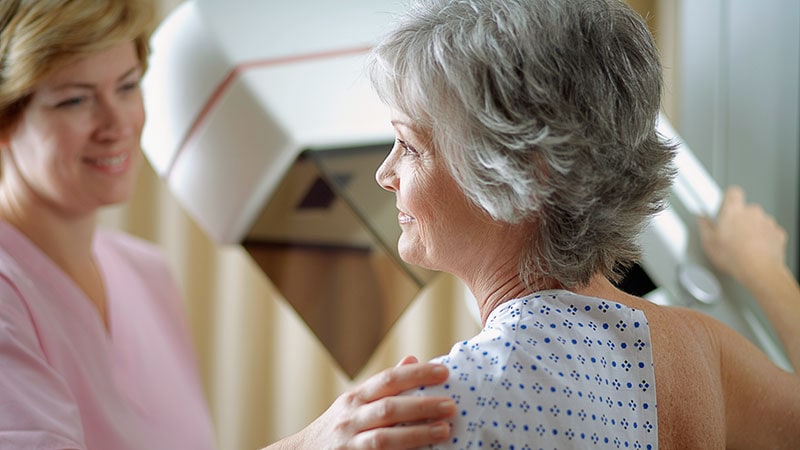The National Institute for Health and Care Excellence (NICE) has approved trastuzumab emtansine as an option for the adjuvant treatment of human epidermal growth factor receptor 2 (HER2)‑positive early breast cancer in adults who have residual invasive disease in the breast or lymph nodes after neoadjuvant taxane-based and HER2‑targeted therapy.
Trastuzumab is an adjuvant treatment for people with node-negative or node-positive disease. Pertuzumab plus trastuzumab with chemotherapy is an adjuvant treatment for node-positive disease but not for node-negative disease. Trastuzumab emtansine would be an alternative adjuvant treatment for people with node-negative or node-positive disease.
Clinical evidence for trastuzumab emtansine comes from the open-label, randomised, multicentre, KATHERINE (n=1486) of adjuvant trastuzumab emtansine compared with adjuvant trastuzumab, in people with HER2‑positive early breast cancer who had residual invasive disease after trastuzumab-based neoadjuvant therapy with chemotherapy.
In the trial, about 20% of people had neoadjuvant pertuzumab plus trastuzumab and 80% had neoadjuvant trastuzumab. The hazard ratio (HR) for invasive DFS for the ITT population was 0.50 (95% CI 0.39-0.62). HR for invasive DFS for the lymph node negative population (n=689), who would have trastuzumab in clinical practice, was 0.44 (95% CI 0.28-0.68). For node-positive disease (n=797), HR was 0.52 (95% CI 0.38-0.71). Interim overall-survival results are immature.
No study directly compared trastuzumab emtansine with pertuzumab plus trastuzumab with chemotherapy. An indirect comparison was carried out using KATHERINE and the double-blind, randomised APHINITY trial of adjuvant pertuzumab plus trastuzumab and chemotherapy compared with adjuvant placebo with trastuzumab and chemotherapy, in people with HER2‑positive early breast cancer who had not had neoadjuvant therapy. The indirect comparison HR for invasive DFS in the node-positive subgroup was 0.722 (95% CI 0.50-1.04). However, the results of the indirect comparison were considered uncertain.
The cost-effectiveness estimates for the treatment were considered to be within what NICE considers an acceptable use of NHS resources.
This article originally appeared on Univadis, part of the Medscape Professional Network.



